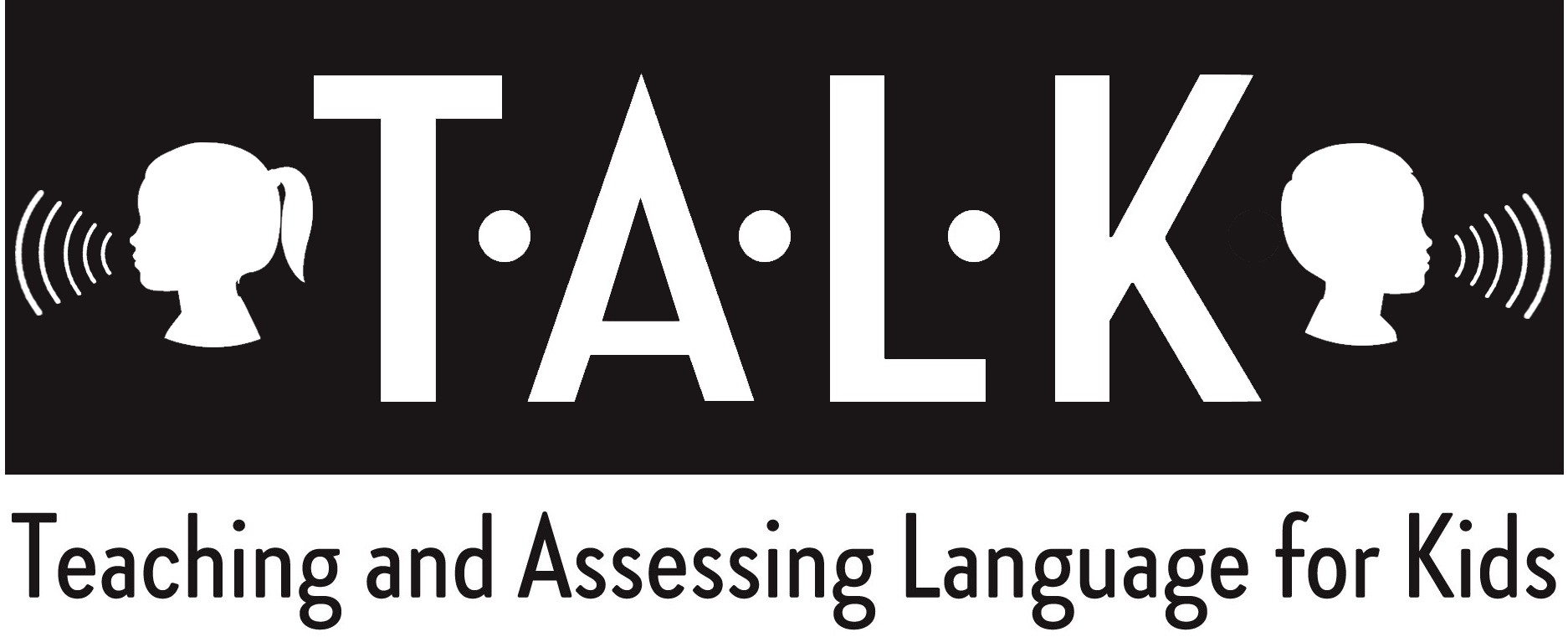Incorporating Language Into Daily Activities
It is crazy to think how much our lives have changed during the past few months. We at TALK understand that this time is very challenging for all, especially families with children, but it has also provided an amazing opportunity for parents and caregivers to participate in teletherapy and see what usually happens when their children participate in therapy at TALK. It has been so exciting for parents and caregivers to see the progress happen right in front of their eyes.
Parents are often asking us what they can do at home to facilitate speech and language goals. The truth is, we don’t expect you to sit down and have a 30-minute structured speech session at home! You can easily incorporate many different goals into the routines you already do at home. Some of these activities could include asking your child to help make dinner, take the dog for a walk, or even watch a movie together! There are plenty of ways to promote expressive and receptive language growth.
Asking your child to help make dinner is a great way to practice sequencing, following multi-step directions, and provides an opportunity for them to receptively identify and label foods and objects in the kitchen. Asking your child to go with you when taking the dog for a walk is another creative way to expose them to language. As you’re walking you could ask them to label different parts of the dog, describe the dog, or play a quick game of I SPY to practice describing objects within the environment! Finally, watching a movie is a fun and easy way to incorporate language. During pauses or popcorn breaks ask your child what has happened in the movie thus far, questions about characters, or what they think may happen next. This will help improve their story retell and sequencing, as well as comprehension and inferencing skills!
We at TALK understand how challenging it is to target social communication during the quarantine/shelter in place. Encourage your child to FaceTime with a relative and practice their greetings, ask reciprocal and novel questions, maintain eye contact, and any other social communication goals your child may be currently working on.
All of the TALK children and families are working so hard during this uncertain time and we don’t want to add another thing to your to-do list. These are just a few ideas and examples that can be incorporated into your everyday routines in order to continue targeting speech and language goals without adding any more stress during this unprecedented time!
